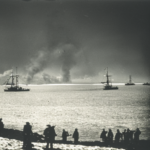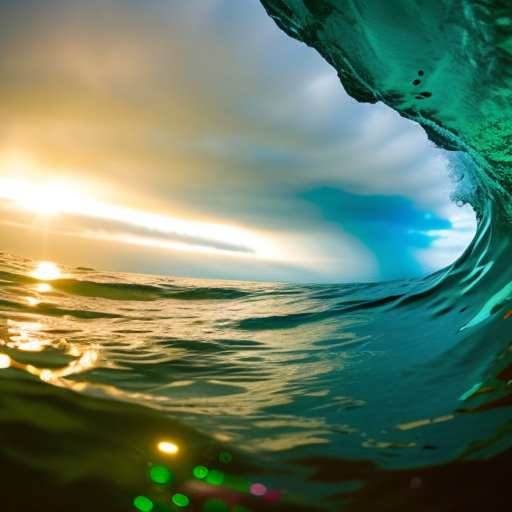Summary:
Marine meteorology is a branch of meteorology that focuses on weather patterns and phenomena specific to the marine environment. It involves studying the interactions between the atmosphere and the ocean, as well as the impact of weather conditions on maritime activities. Marine meteorologists use various tools and techniques to gather data and make predictions, helping to ensure the safety and efficiency of marine operations.
Introduction:
Marine meteorology is a specialized field within meteorology that deals with the study of weather patterns and phenomena in the marine environment. It plays a crucial role in ensuring the safety and efficiency of maritime activities, including shipping, fishing, and offshore operations. By understanding and predicting weather conditions at sea, marine meteorologists help to minimize risks and optimize decision-making.
Interactions between the Atmosphere and the Ocean:
The ocean and the atmosphere are closely interconnected, and their interactions have a significant impact on weather patterns and climate. Marine meteorologists study these interactions to gain insights into the behavior of the atmosphere and the ocean. For example, the temperature and salinity of the ocean influence the formation of clouds and the development of storms. The ocean also absorbs and releases heat, affecting the overall climate system.
Data Collection and Observation:
To understand and predict marine weather, marine meteorologists rely on a variety of data collection methods and observation techniques. These include satellite imagery, weather buoys, ships, and aircraft. Satellites provide valuable information about cloud cover, sea surface temperatures, and wind patterns. Weather buoys are equipped with sensors that measure atmospheric pressure, air temperature, humidity, and wind speed. Ships and aircraft are also used to collect data on weather conditions at sea.
Weather Prediction Models:
Marine meteorologists use sophisticated computer models to simulate and predict weather conditions in the marine environment. These models take into account various factors such as atmospheric pressure, temperature, humidity, wind speed, and ocean currents. By analyzing these data, meteorologists can forecast the movement and intensity of storms, the formation of fog, and other weather phenomena. These predictions help mariners make informed decisions and take appropriate actions to ensure safety.
Impact on Maritime Operations:
Weather conditions at sea have a significant impact on maritime operations. Severe storms, high winds, and heavy fog can pose risks to ships, offshore platforms, and other marine infrastructure. Marine meteorologists provide timely and accurate weather forecasts to help mariners avoid dangerous conditions and plan their routes accordingly. They also provide guidance on the best time for fishing, offshore drilling, and other activities that are influenced by weather conditions.
Climate Change and Marine Meteorology:
Climate change is a pressing issue that affects the marine environment and, consequently, marine meteorology. Rising sea levels, changing ocean currents, and altered weather patterns are some of the challenges faced by marine meteorologists. Understanding these changes and their impacts is crucial for developing strategies to mitigate the risks associated with climate change and adapt to the evolving marine environment.
Conclusion:
Marine meteorology is a specialized field that focuses on studying weather patterns and phenomena in the marine environment. By understanding the interactions between the atmosphere and the ocean, marine meteorologists provide valuable insights and predictions that help ensure the safety and efficiency of maritime activities. With the use of advanced tools and techniques, marine meteorologists play a crucial role in minimizing risks and optimizing decision-making in the marine industry.












